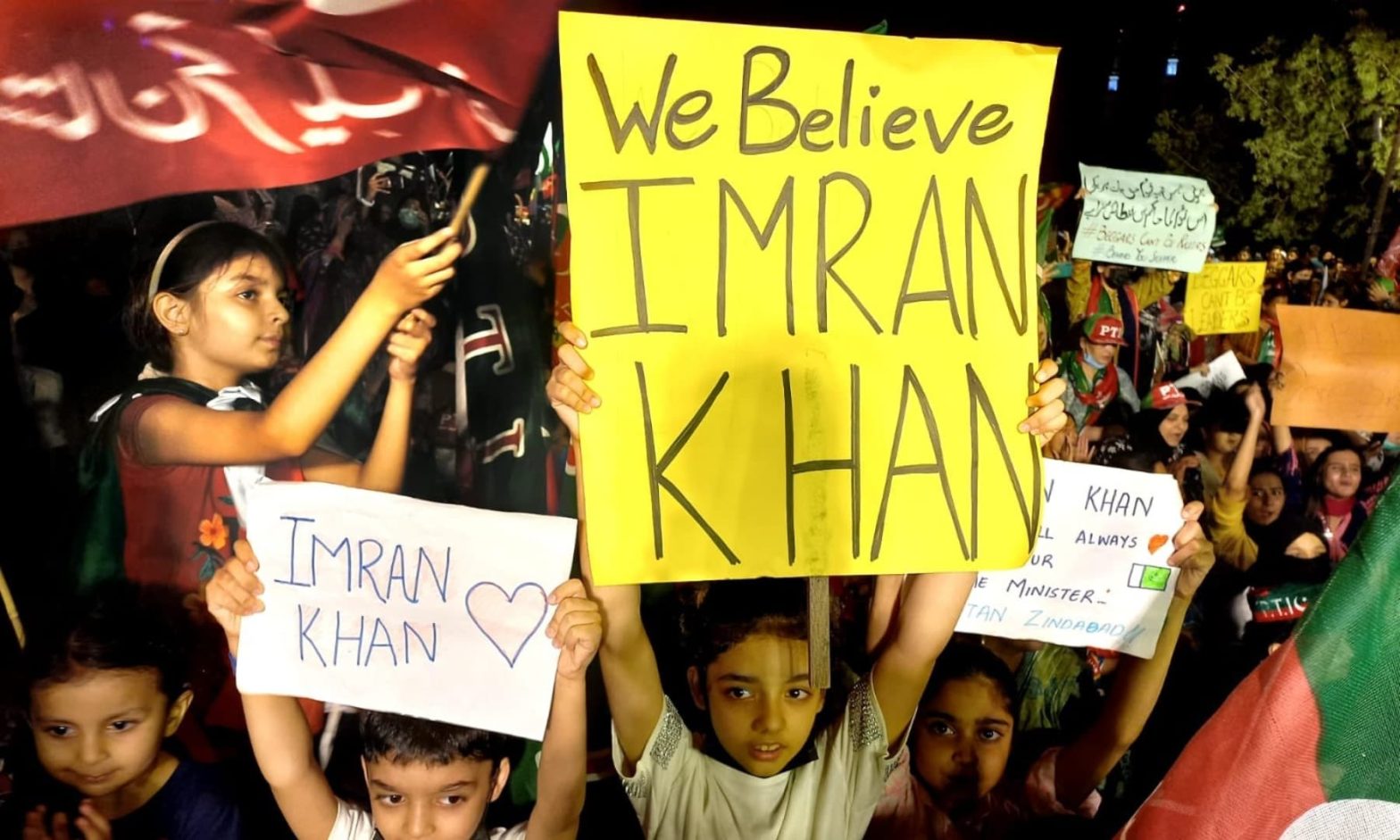Kathmandu: Protests erupted in Pakistan’s capital, Islamabad, on Monday as thousands of demonstrators gathered to demand the release of former Prime Minister Imran Khan, who is currently serving a three-year jail term on corruption charges. The protesters have begun making their way to D Chowk, also known as Democracy Square, located near key government buildings, despite heavy security measures and a lockdown imposed by authorities.
In a dramatic show of force, the Pakistani armed forces have deployed tear gas to disperse the crowds as they advance toward the heart of the capital. Riot police are also reportedly blocking roads leading to the square, which has been a focal point for political unrest in Pakistan in recent years.
Imran Khan, who was convicted on corruption charges—a case he vehemently denies—has issued a “final” call to his supporters, urging them to stay in Islamabad until the government meets their demands for his release. His supporters have rallied behind his cause, despite growing tensions and a heavy security presence in the city.
The Pakistani government has responded with significant measures to contain the protests. Authorities have locked down Islamabad, blocking highways, and suspending mobile and internet services in key areas to disrupt communication among the protesters. Hundreds of demonstrators have been arrested since the march began on Sunday, with authorities warning of further crackdowns if the unrest continues.
The protests have sparked widespread concern both within Pakistan and internationally, raising questions about the country’s political stability and the government’s ability to manage the growing dissent.
Khan’s arrest and conviction have already led to months of political instability, with his supporters accusing the ruling government of politically motivated charges. The protests are a continuation of the tension between Khan’s Pakistan Tehreek-e-Insaf (PTI) party and the government of Prime Minister Shehbaz Sharif, who Khan has repeatedly accused of orchestrating his downfall.
As the situation unfolds, authorities and opposition groups alike are bracing for more unrest, with the country’s political future hanging in the balance.
Source: BBC
